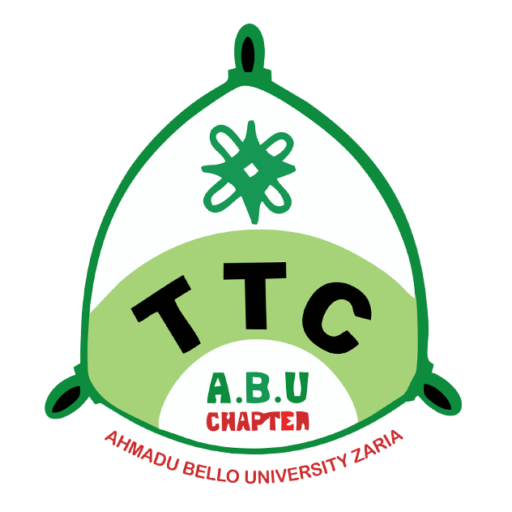The joy of Ramadan

Ramadan 💫
The month of Ramadan marks the revelation of the Quran to humanity, providing unambiguous guidance and the benchmark for determining what is right and wrong. Muslims strive to increase their self-discipline and spend more time in prayer and charitable deeds, inspired by hadith:”The gates of hell are closed and the devils are bound when Ramadan comes. The gates of Paradise are opened.”
The significance of Ramadan
The Arabic root R-M-Ḍ (ر-م-) means “scorching heat” and is the source of the name Ramadan. The Classical Arabic verb “ramiḍa (رَمِضَ)” means “become exceedingly hot – become burning; become charring; be blazing; be glowing. Muslims observe the suhur, a pre-fast meal, every day before dawn. Muslims stop briefly before dawn and start the first prayer of the day, known as Fajr.All adult Muslims who are not terminally or chronically ill, traveling, old, nursing, diabetic, pregnant, or menstruation are required to fast from sunrise to sunset (fard).Suhur is the term for the meal eaten before dawn, and iftar is the name of the nocturnal feast that breaks the fast. While there have been rulings (fatawa) stating that Muslims living in areas with polar night or a midnight sun should adhere to Mecca’s schedule[19], it is customary to adopt the schedule of the next nation where day and night can be differentiated.
During Ramadan, the benefits of fasting (thawab) are amplified spiritually. As a result, Muslims abstain from tobacco products, sexual activity, and food and drink during the hours of fasting.as also the five pillars of Islam (Shahada,Salat,Zakat,Sawm, Hajj) are encouraged.
At the end of the thirty days of Ramadan, the end of the days of intense fasting, the end of the days of bodily hunger comes the joy of Eid Mubarak.
Eid Mubarak
The Arabic phrase for Eid Mubarak is عِيد مُبَارَك ʿīd mubārak, which translates to “Happy feast/festival.” Muslims use this phrase everywhere in the world. Muslims use it as a greeting on the feast day all across the world. Socially, people typically celebrate Eid al-Fitr in the month of Dhul Hijjah, following Ramadan and Eid al-Adha in the month of March. Greetings are not required by religion; rather are a cultural custom.
There are many different ways to wish people a happy Eid ul-Adha and Eid ul-Fitr around the Muslim world. When Muhammad’s companions got together on Eid ul-Fitr, they would say to one another in Arabic, “(May God accept from us and you our fasts and deeds)” (Taqabbalallâhu minnâ wa minkum). There are differences in Eid greetings around the Muslim world, for instance In addition to saying happy holidays in a variety of other ways, Arab Muslims utilize the word Eid Mubarak. “Kul ‘am wantum bikhair” which translates to “May you be well with every passing year,” is another addition made by some Arabs. “Minal Aidin wal Faizin” (من العايدين والفايزين) is another term that is commonly used in the GCC states. It is an Arabic sentence that means “May we be sacred one more time and may we be succeed (in our fasting)”. The response is “Minal Maqbulin wal Ghanmin” (من المقبولين والغانمين), which translates to “May (our good deeds) be recognized [by God] and may we obtain (the paradise)”.
In Nigeria
Native to Northern Nigeria and Niger, the Hausa language is extensively spoken by Muslims in West Africa. In Hausa, their equivalent of a happy Eid is “Barka da Sallah,” which means “richly blessed Eid prayers.” And so today we feast with our brothers and sisters and relieve the pain of Ramadan knowing fully well that firdaus is ours.
Eid Mubarak!!!!
Published by: Edego Edache Michael
